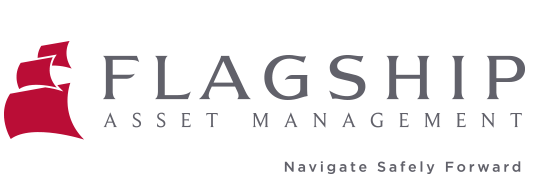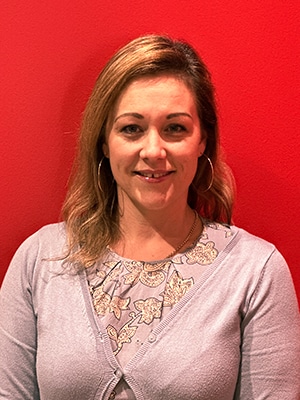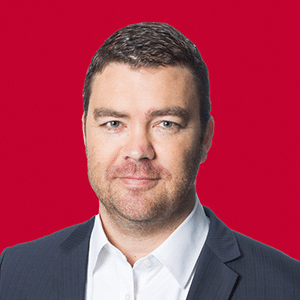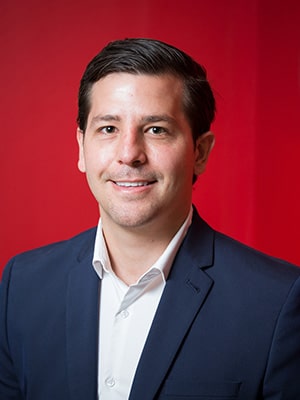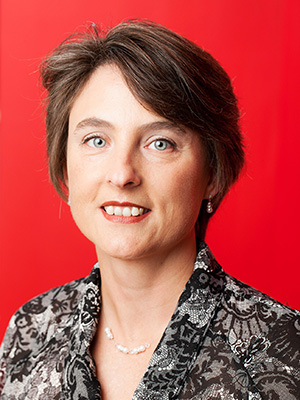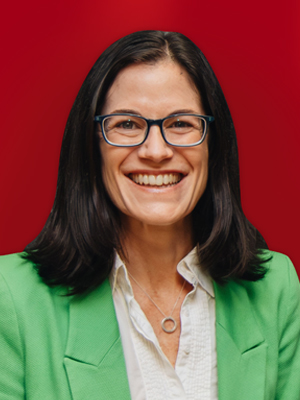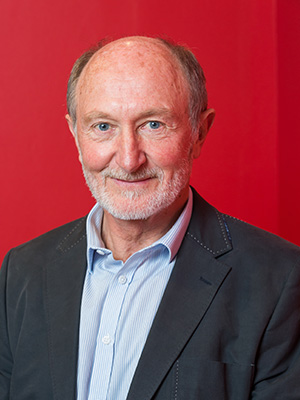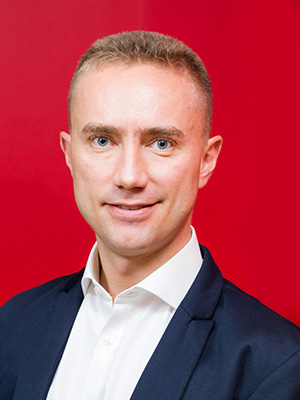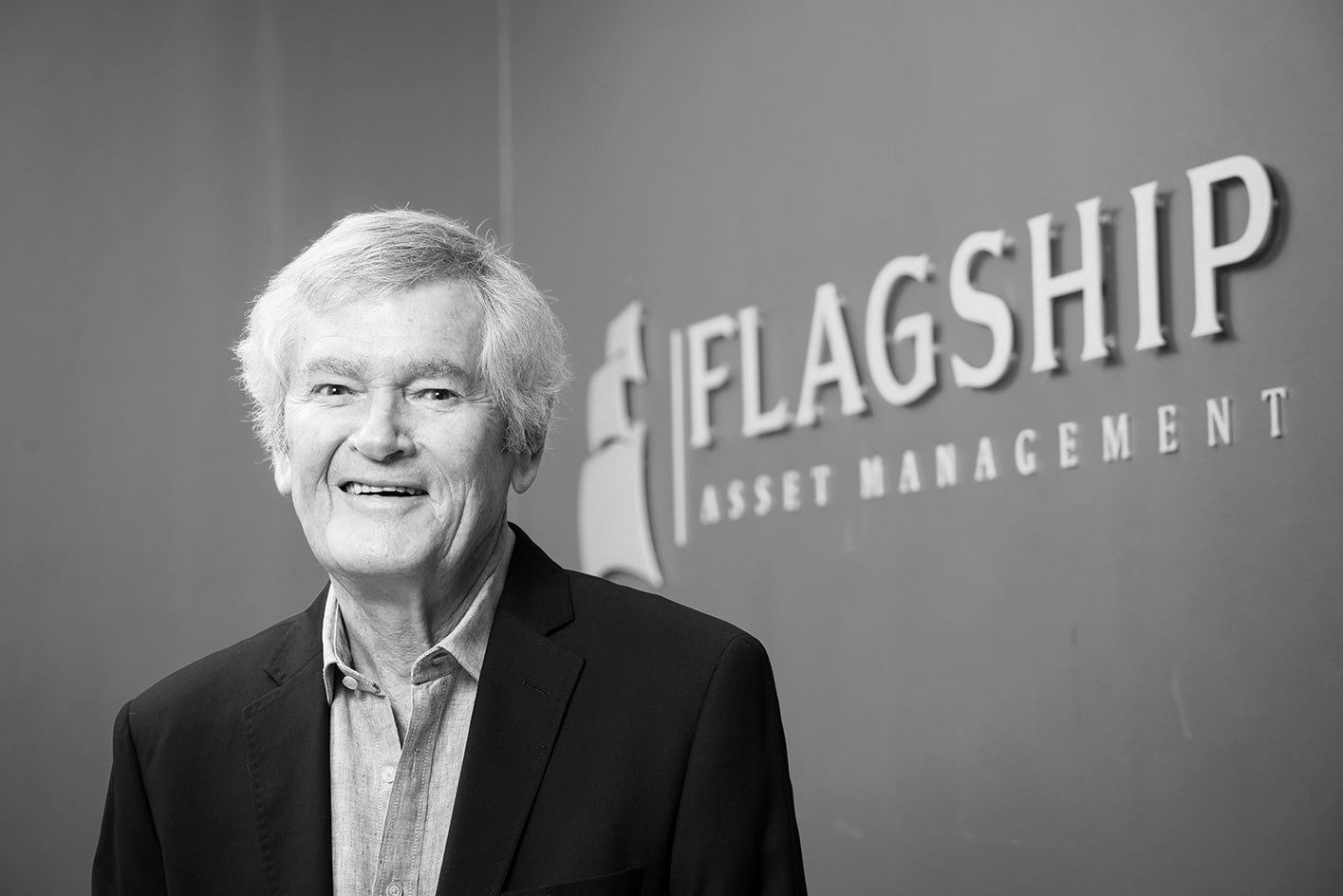
20 Feb A Remarkable Career
2024 marked the biggest election year in human history. Half of the world’s population had the opportunity to go to the polls, which leads one to thinking about presidents, past and current. With Jimmy Carter’s passing on 29th December, much has been said of this thirty-ninth President of the United States. Outgoing president Joe Biden described Carter as a man of character who made a powerful difference. “He lived a life measured not by words, but by his deeds,” said Biden.
The nature of our leaders is important because culture flows from the top down. Core qualities of transparency, discipline, accountability and acting with integrity remain alive and flourishing at Flagship. Happily, what follows is neither a eulogy, nor an article of fiction. It is, simply, an account of a remarkable life, that of our chairman and co-founder, Winston Floquet.
Some interesting, possibly lesser-known facts about Winston include his initials, which are, in today’s parlance, rather unfortunately, WTF – Winston Theodore Floquet. The name Winston, which dates back as far as the ninth century, is derived from ye Olde English words ‘wynn’ meaning joy or wine and ‘stan’ meaning stone or settlement. Together we have ‘joyful stone’ or ‘wine settlement’, quite appropriate as Winston is known to positively enjoy a glass of chilled chardonnay against the backdrop of the Constantia winelands.
In exploring his key milestones, we see the vines of discipline and diligence interwoven in his academic results. He invariably placed in the top three during his senior years at school and achieved top marks in all but one of the four years of his accounting course at Natal University. Appointed a ‘scholar’ of the university after his first-year results, Winston retained this scholarship for the remaining three years. In his final chartered accounting examination, which had a 59% national pass rate among 640 candidates, Winston was one of only 8 students to be awarded honours. He achieved this in 1963, at the age of twenty-one. Three years later, Winston rounded off his qualifications with an MBA from the University of Cape Town, promising himself that he would one day return to the beautiful Cape winelands, a promise that took him exactly thirty-four years to keep, finally returning in January 2001 to Constantia.
Following his career path, there are some interesting twists and turns, including the mandatory five years of articles, followed by two years of auditing in London, and a short but pivotal role working for Edgars Stores. In retrospect, this was a key time in both his personal and professional life, as it was during this period that he encountered his two great loves: Wendy, and the Markets. As assistant to the managing director of Edgars, Winston was transferred to Werff Bros, a nine-store upmarket retail clothing chain based in London, to install the Edgars financial system in what was then a flailing UK subsidiary. He was meant to only stay in London for two months, an important timeline as, prior to the move, he had met Wendy, who was to become his constant companion in life for fifty-seven years, yielding a wonderfully large family of five children and eight grandchildren. The two months of systems implementation turned into six months of rather tedious financial and stock control overhaul. Keen to remain stimulated during this prolonged period of separation, Winston became increasingly interested in the UK financial markets, the mergers and acquisitions boom, (these were the days of the great Jim Slater, the buccaneering 1970s financier and asset stripper) and, in particular relation to the stock market, how brokers distributed their research to institutions – the means by which they were rewarded.
Winston’s interest in the merchant banking field resulted, on his return to Johannesburg, in him leaving Edgars and joining City Merchant Bank. However, the alluring potential of the UK broker/client model caused Winston to outline his beliefs to a friend from his accounting days, who was then a partner at a small broking house, Martin & Co. Winston described the practice he noted when in London, where UK brokers produced high-quality research on listed companies and, depending on the quality of the ideas they generated, were given the buy, or sell orders for the stock concerned, thus building their businesses and reputations on the quality of research they produced. In South Africa, apart from a few one-page newsletters which commented briefly on the results of listed companies, there was no in-depth research produced at all. Winston’s friend agreed there was indeed a gap in the South African brokerage market and outlined the UK model to his senior partner, Alistair Martin. Winston’s proposal, that the UK model was the future for South African brokerage firms, convinced the senior partners of Martin & Co. and he was offered the job of implementing this strategy.
Upon his appointment, Winston instantly set about preparing the first of the in-depth reports that eventually transformed Martin and Co. into a research powerhouse. High quality graduates were steadily added to his team to broaden the coverage of the many diverse sectors of the market. A few years later, the Financial Mail started an institutional research survey, requesting institutions to rate brokers over a wide range of market sectors from gold mines to retailers, providing recognition for both individual analysts and the firms which employed them. Accumulating the results of each category enabled the best research houses to be ranked. Martin & Co. came out tops in the initial survey and went on to be rated the number one research house in South Africa for eighteen consecutive years, bolstering the size and prestige of the firm and propelling its growth accordingly.
Despite Martin & Co’s research prowess, the firm still suffered from the lack of a dedicated offshore broking house with large lines of stock. Competing broking firms all had long-established trading partners overseas, making it difficult for UK or US institutions to reward Martin & Co. appropriately for its research services. Commissions on deals between SA brokers and their offshore partners were paid into a ‘joint account’ and shared equally on a 50:50 basis. The practice was deeply rooted and, unsurprisingly, there were no South African brokers with foreign branches, as this would have resulted in them competing with their lifelong UK partners.
The only solution was for Martin & Co. to open an overseas branch itself, a feat seeming impossible in 1985, just months after the Rubicon speech which saw tightening exchange control measures, the withdrawal of foreign banks and a collapsing rand. Never one for complacency, Winston pondered how to get permission from the Reserve Bank and the Stock Exchange committee to open a foreign branch. Realising that he would need to present a justifiable solution, Winston decided to approach the Reserve Bank for permission on the basis that Martin & Co’s offshore firm would have a 50:50 ownership structure, effectively the same as the long-standing ‘joint account’ practice approved by the authorities. In what felt like a coup, it took just two meetings to secure Reserve Bank approval. The JSE, however, proved much harder to win over. Three presentations, and a positive ultimatum from the Exchange’s independent executive president later, Winston’s proposal was finally passed, enabling Martin & Co. to open their London branch in 1989 and a second branch in New York in 1991.
Not only did the local presence in London and New York generate considerable additional broking revenues but also proved extremely beneficial for the firm’s corporate activities as sponsoring brokers to many top South African companies. Offshore listings, share placements and other corporate activities then also became an important additional source of income. It was not all plain sailing though, as anti-apartheid pressures remained a serious headwind. At one time the holding company of Martin’s offshore partner planned a merger, but its new partner made the disposal of the South African business a precondition of the deal. On another occasion the offshore entity had to change its name to Copthall Martin to protect the reputation of the UK owner, ‘Copthall’ being the name of the street in London from which the offshore firm operated.
The final partner was the UK firm Robert Fleming, resulting in a name change to Fleming Martin. This marked an expansion into Africa through the purchase of 50% stakes in the leading brokers of Namibia, Botswana, Ghana, Zimbabwe and Mauritius. The purpose of this was to provide a one-stop offering to offshore investors in the African leg of their emerging market funds. The combination of its top-rated research rankings, its offshore presence and corporate finance capabilities powered Martin & Co. to become the largest broker on the JSE in terms of market share, a notable achievement. The Johannesburg staff complement grew to over 200 and, if one includes the Cape Town, Pietermaritzburg, London and New York branches, to over 300 people.
In 1998, when the rules changed, allowing offshore brokers to acquire interests in South African firms, Robert Fleming bought the remaining 50% of Martin & Co., renaming it Fleming Martin. Three years after this acquisition, Winston finally returned to Cape Town, settling into the Fleming Martin offices in Mowbray. It was here that he partnered with Simon Hudson in establishing Flagship Asset Management, which commenced business on 2 July 2001. Together they set up two worldwide funds, an international fund registered in Guernsey, and a Regulation 28 pension fund unit trust. All funds, bar one, were managed by Winston, subsequently winning seventeen Raging Bull and Standard & Poor awards for top performance in their categories until his retirement, twenty years later, in 2021. Leaving a performance culture in his wake, three further Raging Bull awards have been won by Flagship funds to date.
As Flagship anticipates celebrating its twenty-fifth birthday in 2026, and Winston his eighty-fifth birthday the month following, we look back on our heritage, noting what has endured and what continues to flow from the top. In the publication of our quarterly Telescopes, we maintain our roots in research. Transparency continues to thrive in our open-door policy. As a partnership of ethical individuals, we hold each other accountable. The appreciation of fine ‘wine’ and ‘settlement’ notwithstanding, the opportunity to act as caretaker of our clients’ financial future is one that we hold dearly. In celebrating a remarkable life, we are reminded of what has been achieved by our chairman, and we strive to continue this living legacy.
